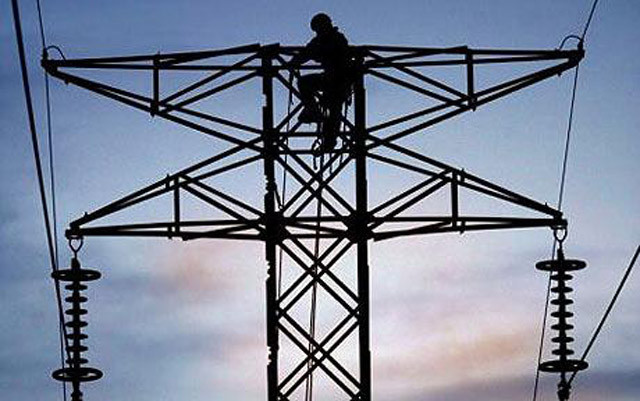Problems with power tariffs
In fact, we are saddened to see the widespread lack of action towards resolving the problems of the power sector.

Problems with power tariffs
Policy should never be made in the dark. Policy making should also not be confused with politics. It will take more than press conferences, photo ops, and dramatic “announcements” to address the power crisis. We are saddened to note that after two and a half years in power, nobody in this government has been tasked and empowered with taking ownership of the steps needed to resolve the power crisis — steps outlined in the energy policy devised by the Shaukat Tarin team and reiterated during the “energy summit” earlier this year. We are concerned that Pepco does not have a recognisable figure as a chief financial officer (CFO) to this date, even though its problems are primarily financial. We are also saddened to see the government continue to find reasons for why independent boards of directors cannot be installed in the distribution companies where the majority of the losses are being incurred. We are equally saddened to see that all credible third party evaluations being done on any power sector initiatives have to be done by outside agencies such as the Asian Development Bank, since the government appears to lack credible institutions of its own to provide quality feedback. In fact, we are saddened to see the widespread lack of action towards resolving the problems of the power sector.
Without transparency and sound ownership of the problems plaguing the power sector, no announcements made by the government are credible. Without calling upon credible and empowered people to step forward and serve in key positions across the public sector power bureaucracy, such as a CFO for Pepco and independent boards for power generation and distribution companies, no meaningful implementation of any reforms can be carried out.
Therefore, before hiking tariffs any further, it is reasonable to expect the following from the government: Make public the amounts of money that are recoverable by each distribution company, along with the identities of the clients who are refusing to pay; Make public the technical losses incurred by each distribution company; Make credible progress in advancing power sector reforms, which includes the unbundling of Pepco, and the appointment of independent boards for distribution companies, so consumers are assured that steps are being taken to rectify the problems that are leading to such large scale losses in the system; Hold the present officials in the ministry of water and power accountable for their failure to bring down losses in two and a half years. Accountability should begin at the top.
Without these steps, it is not possible for consumers to know whether they are being asked to pay more for the rising cost of generation or for the cost of the inefficiencies of the system. Therefore, we believe that only after these steps have been taken is the government entitled to ask consumers to pay more for their electricity.
Published in The Express Tribune, October 26th, 2010.















COMMENTS
Comments are moderated and generally will be posted if they are on-topic and not abusive.
For more information, please see our Comments FAQ